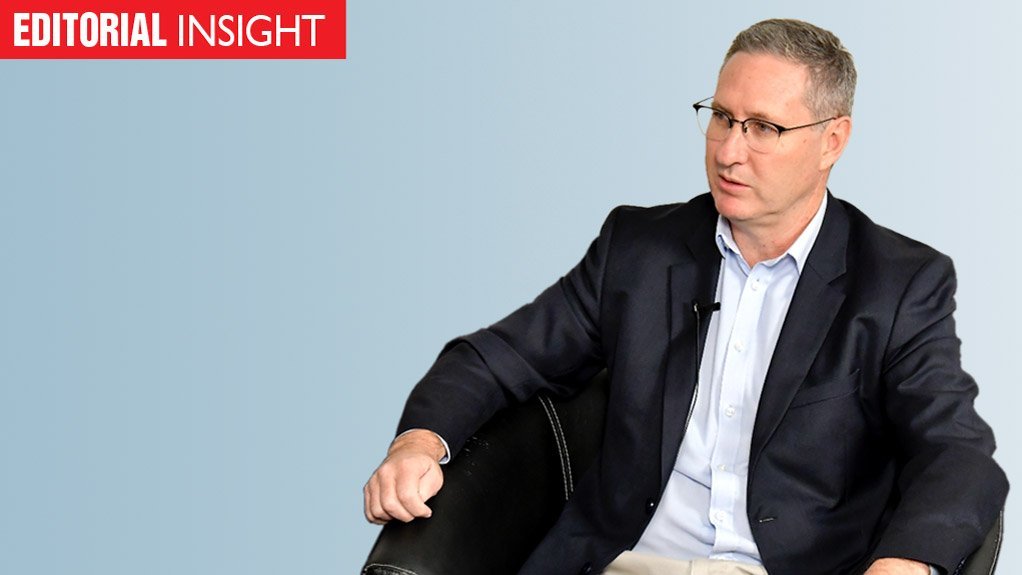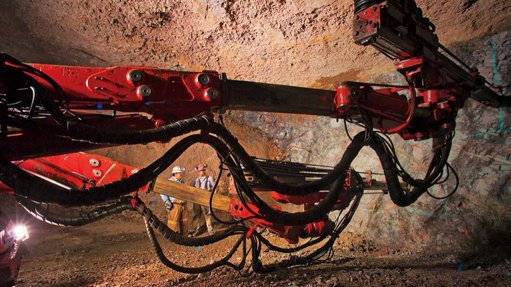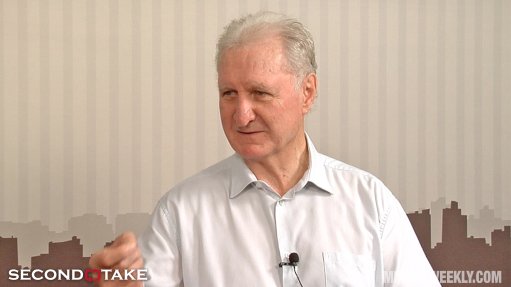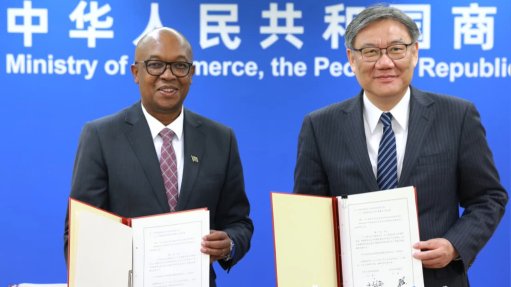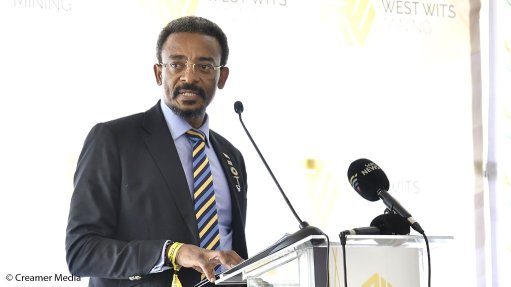Taking stock
South Africans are approaching the prospect of ongoing load-shedding with a mixture of anger and resignation.
The anger manifests mainly in the form of predictable calls for the resignation of the current Eskom board and CEO.
Such calls are unjustified mainly because there is no simple fix to a problem that has not only festered for 14 painful years but was also deepened by the actions of previous executives. Without even a glint of remorse, some of these individuals are quick to express public glee every time the utility struggles to keep the lights on. To add insult to injury, they even seek to sow discord within Eskom and with ongoing claims of incompetence and disharmony.
Fact-rich investigative reporting shows that the coal fleet’s current fragility is largely the consequence of long-standing poor maintenance practices and poorly designed incentives. In addition, the refusal by previous Eskom leaders to conclue legitimate power purchase agreements, which stalled government’s electricity procurement for more than six years, has resulted in an energy deficit that has left no time and space for proper maintenance.
The attitude of resignation is as worrying, however, as it is letting the current political, regulatory and, to a certain extent, even the technocratic leadership off the hook. In the most extreme cases, this attitude is manifesting in rising emigration, as wealthier South Africans perceive the ongoing electricity crisis as yet another signal – along with the July insurrection-turned-mass-looting – of the country’s inevitable decline.
There is no good reason for South Africans to accept that this crisis is permanent, however.
To be sure, the Eskom crisis has lingered far longer than it should have and is set to worsen before it improves. But while the current leadership may make mistakes, these will be made without malicious or corrupt intent. Therefore, with the right policy and regulatory support, the crisis can be overcome.
What would this entail?
For one, we have to introduce more private megawatts more quickly.
Secondly, the internal impediments to an Eskom turnaround have to be addressed once and for all, including: the painful matter of the unsustainable debt burden, part of which government now has to absorb; the necessary shift to cost-reflective tariffs, as wells as a tariff structure that caters for both volumetric and capacity charges; and the vertical separation of Eskom into generation, transmission and distribution businesses that have the financial basis to raise the debt they need to invest.
Third, South Africa must position itself to capitalise on the fact that it finds itself in a transition sweet spot, owing largely to the triumvirate of low-cost land, potent solar and wind resources and falling renewables costs. With the coal fleet mostly written off, the shift will carry few stranded-asset risks and can even be used to crowd in low-cost concessional climate finance.
All this can only materialise, however, in a context of genuine political will and policy foresight. Too much to ask?
Article Enquiry
Email Article
Save Article
Feedback
To advertise email advertising@creamermedia.co.za or click here
Press Office
Announcements
What's On
Subscribe to improve your user experience...
Option 1 (equivalent of R125 a month):
Receive a weekly copy of Creamer Media's Engineering News & Mining Weekly magazine
(print copy for those in South Africa and e-magazine for those outside of South Africa)
Receive daily email newsletters
Access to full search results
Access archive of magazine back copies
Access to Projects in Progress
Access to ONE Research Report of your choice in PDF format
Option 2 (equivalent of R375 a month):
All benefits from Option 1
PLUS
Access to Creamer Media's Research Channel Africa for ALL Research Reports, in PDF format, on various industrial and mining sectors
including Electricity; Water; Energy Transition; Hydrogen; Roads, Rail and Ports; Coal; Gold; Platinum; Battery Metals; etc.
Already a subscriber?
Forgotten your password?
Receive weekly copy of Creamer Media's Engineering News & Mining Weekly magazine (print copy for those in South Africa and e-magazine for those outside of South Africa)
➕
Recieve daily email newsletters
➕
Access to full search results
➕
Access archive of magazine back copies
➕
Access to Projects in Progress
➕
Access to ONE Research Report of your choice in PDF format
RESEARCH CHANNEL AFRICA
R4500 (equivalent of R375 a month)
SUBSCRIBEAll benefits from Option 1
➕
Access to Creamer Media's Research Channel Africa for ALL Research Reports on various industrial and mining sectors, in PDF format, including on:
Electricity
➕
Water
➕
Energy Transition
➕
Hydrogen
➕
Roads, Rail and Ports
➕
Coal
➕
Gold
➕
Platinum
➕
Battery Metals
➕
etc.
Receive all benefits from Option 1 or Option 2 delivered to numerous people at your company
➕
Multiple User names and Passwords for simultaneous log-ins
➕
Intranet integration access to all in your organisation



